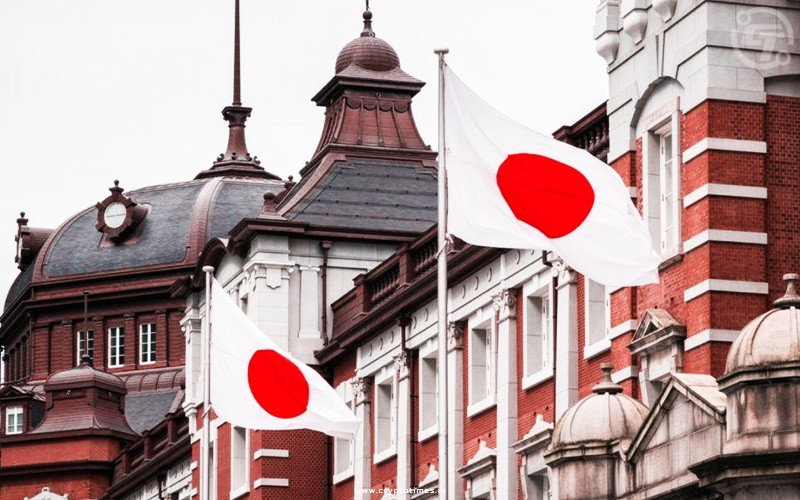Lawmakers in Japan have decided to implement stricter anti-money laundering (AML) measures from June 1. These measures aim to enhance the tracing of cryptocurrency transactions and strengthen the fight against financial crimes.
According to a report from Kyodo News on May 23, the Japanese parliament has announced its decision to introduce stricter anti-money laundering (AML) procedures starting next month.
In December, lawmakers revised Japan’s anti-money laundering (AML) legislation due to concerns raised by the Financial Action Task Force (FATF). The revisions were made to address the inadequacies identified by the international financial watchdog.
The new measures in Japan include the implementation of the “travel rule” to improve the tracking of criminal proceeds. Under this rule, financial institutions handling cryptocurrency transfers above $3,000 are required to provide customer information, including names, addresses, and account details, to the receiving exchange or institution.
During the G7 meeting in Japan, global leaders expressed their support for the travel rule in crypto transactions. The G7 Committee endorsed FATF initiatives, including the acceleration of global standards for cryptocurrencies and the implementation of the travel rule.
Also Read: G7 Members Review CBDCs & Crypto Regulations Pre-Summit
They also emphasized the importance of addressing emerging risks from decentralized finance (DeFi) arrangements and peer-to-peer transactions.
Japan, an early adopter of cryptocurrency, recognizes it as property with strict regulations. The Financial Services Agency (FSA) in Japan has implemented tighter rules for crypto exchanges following significant hacks like Mt.Gox and Coincheck. These measures aim to enhance security and protect investors in the country’s crypto market.
The FSA enforces rules on exchanges, including separate customer and company asset holdings, verified through annual audits, ensuring customer protection in Japan’s crypto ecosystem.
Leveraged trades on exchanges in Japan have a borrowing limit of twice the investors’ initial investment. Licensed crypto exchanges are mandated to store at least 95% of customer funds in secure cold wallets. Furthermore, Japan’s ruling Liberal Democratic Party’s Web3 project team released a white paper in April, suggesting strategies to foster the growth of the country’s crypto industry.
Also Read: FATF Chief Urges G-7 to Tackle Lawless Crypto Space







